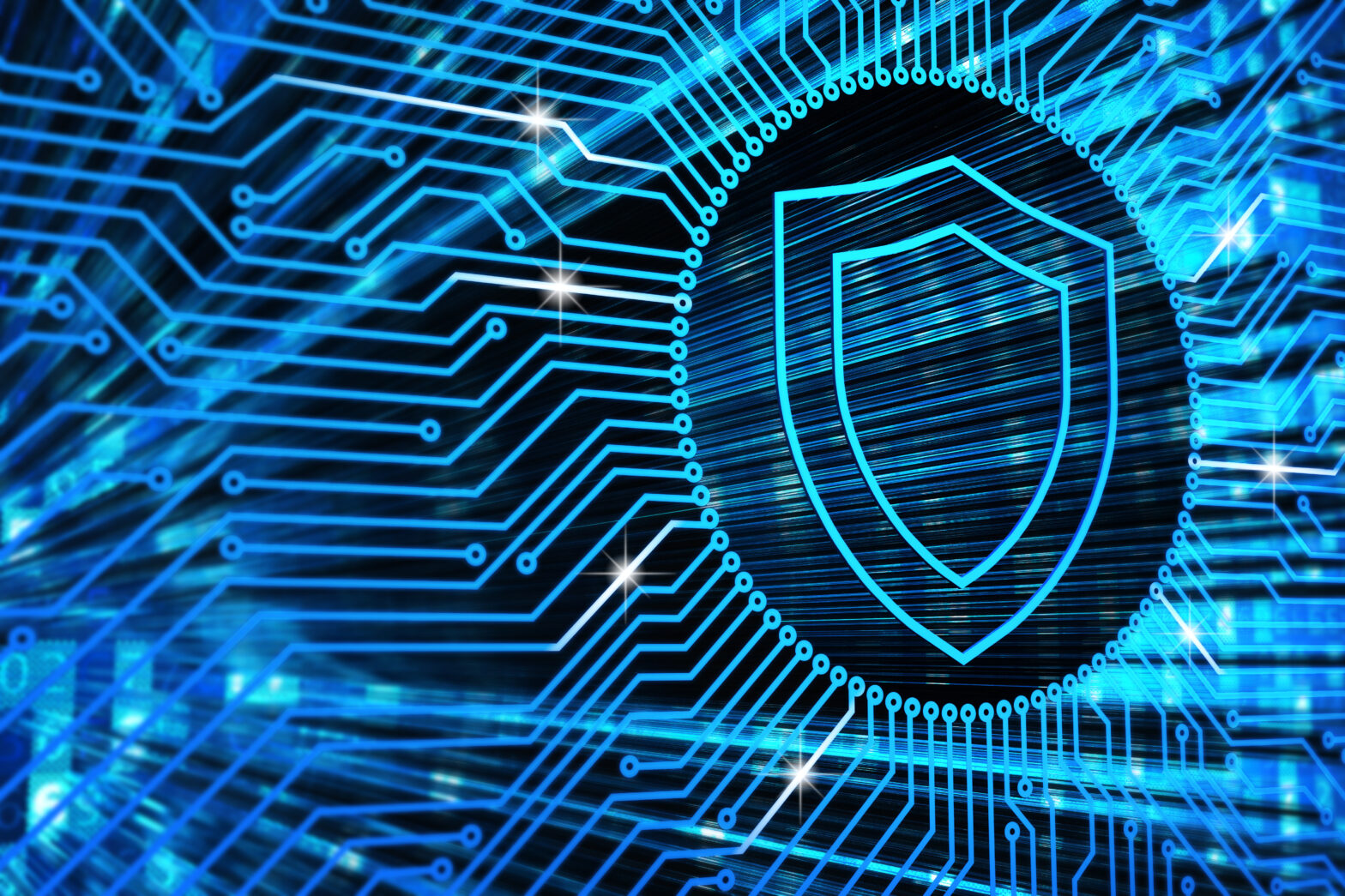One of the biggest challenges facing the security industry is joined-up thinking. With so many new and evolving threats, organisations often make the mistake of thinking that each threat requires a different layer of protection, or a brand new security solution with complex features.
Ironically, the trouble with having so many different layers of protection is that threats can slip through the net. No matter how comprehensive individual pieces of security software are, as with any technology, they can’t be expected to run perfectly all the time. It’s important for businesses to have visibility of how these individual solutions complement each other in order to keep the organisation properly secure by monitoring for any potential issues.
If missed, any gaps can have a massive impact on a business. In a typical organisation, even a 1-2% malware miss rate can result in anywhere between 100-1,000 computers being compromised, which can cause massive disruption and have a significant impact on business operations. With cyber security becoming more of an issue for businesses of all sizes, having visibility of all threats and how they are being mitigated should be a priority.
>See also: How to create an IT security strategy that balances defence with offence
Another consequence of having multiple security solutions in place is that companies may focus too much on detection rather than proactive solutions that can block malware from a range of sources. Many software providers are moving away from antivirus software that simply deals with a threat once it has already lodged itself within a system, and instead are focusing on data-driven, complete solutions which prevent potential threats compromising a device or network.
Monitoring for such a wide range of threats and their sources can be difficult. Rather than relying on a patchwork of individual solutions for different software, businesses should consider implementing a tool which acts as a foundation and monitors how these pieces of software interact with each other.
This can be as simple as a dashboard that acts as a sole platform through which IT teams can monitor the entire security estate. This can remove complexities and a wide range of confusing manual processes by allowing organisations to centrally manage and streamline processes.
This is an essential part of an integrated security strategy as it brings together not just the security status of individual on-premise endpoints, but also that of software which affects browsers and products, Security-as-a-Service (SaaS) software and cloud software.
The range of firewalls, antivirus and other types of software used by businesses are likely to all have different maintenance requirements, and the complexity of this may put some businesses off even implementing them all in the first place.
However, automating updates and monitoring for security issues from a single platform will save time and money, as well as allowing organisations to streamline processes and proactively identify security risks.
>See also: How to protect an organisation: 5 cyber security tips
It’s of the utmost importance that individual aspects of a security strategy work together and complement each other as an integrated, complete solution. Having a thorough security solution as a foundation will prevent most threats from accessing a system.
A joined-up security solution will also offer piece of mind to a business. If companies have complete visibility over how their software is working together, they can proactively prevent most threats from causing any damage.
With so many different and evolving types of malware, trying to tackle each with a different layer of security can be almost impossible. The best way for organisations to protect themselves is to be proactive rather than reactive.
Sourced by Andrew Avanessian, COO at Avecto







